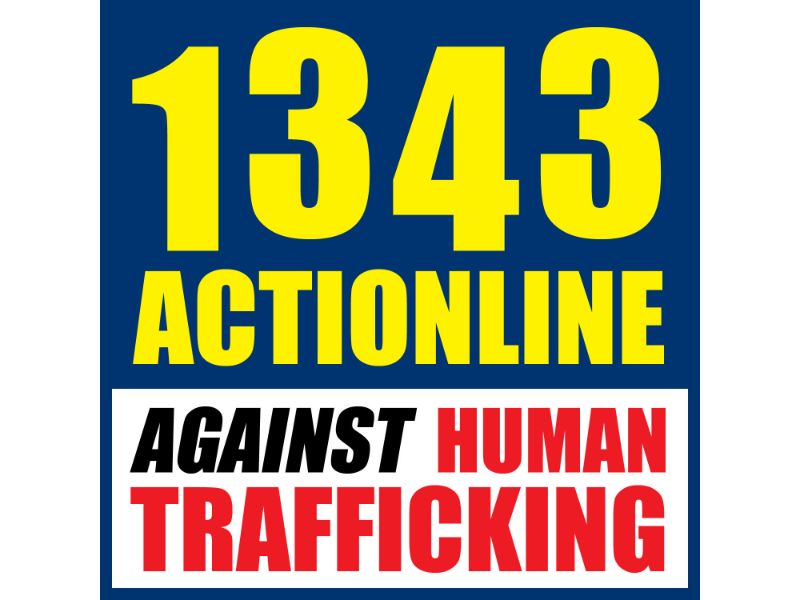Four Filipina victims of human trafficking who were locked up and forced to work in a night club in Malaysia were rescued by Malaysian authorities this week as Manila and Kuala Lumpur continue to put an end to the illegal activity.
The victims, aged 27 to 36 and residents of Manila, were smuggled by a Filipino to Malaysia through Zamboanga, a notorious backdoor exit being used by trafficking syndicates.
They arrived in Sandakan and were promised high-paying jobs but were themselves peddled to male entertainment club operators.
After a two-week stay in Sandakan with no offers from club owners there, the four Filipinas were transported by plane to Johor Bahru in West Malaysia on March 29 and offered to another club owner.
Based on the victims’ account, they were locked up in the owner’s residence and were made to work at the club the following day.
Eventually, they were able to seek the help of a Philippine non-government agency, which alerted the embassy in Kuala Lumpur about their plight.
In the evening of April 18, Malaysian operatives, accompanied by two Philippine embassy officials, proceeded to Johor Bahru and raided the club.
The club owner had left the club, together with the Filipinas, minutes before the police arrived.
Malaysian authorities proceeded to the club owner’s residence and found the Filipinas there. The female owner was able to escape, but her husband was apprehended by authorities.
After the raid, Philippine Ambassador to Malaysia Eduardo Malaya said the Filipinas were brought before a local judge, who issued an interim protection order.
They are now in a shelter run by Malaysian police and welfare authorities, he said. They will later be turned over to the embassy for repatriation to Manila.
In June 2011, the United States removed the Philippines from its human-trafficking blacklist, allowing Manila to narrowly escape stiff sanctions that include the witholding of millions of dollars in American aid. Washington, however, has urged Manila to do more in fighting human smuggling.
Washington removed the Philippines from its Tier 2 Watchlist of states that do not comply with international standards to combat the scourge after several convictions of human traffickers.
Manila had been on the dreaded watchlist for two consecutive years and could have ended up in a more severe blacklist this year had it not taken drastic measures to address the problem.
Source: http://www.tribuneonline.org/nation/20120421nat2.html
